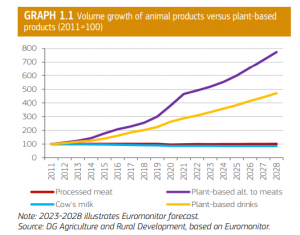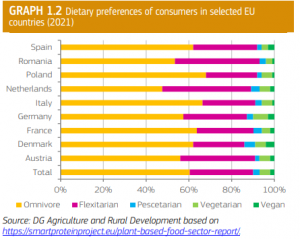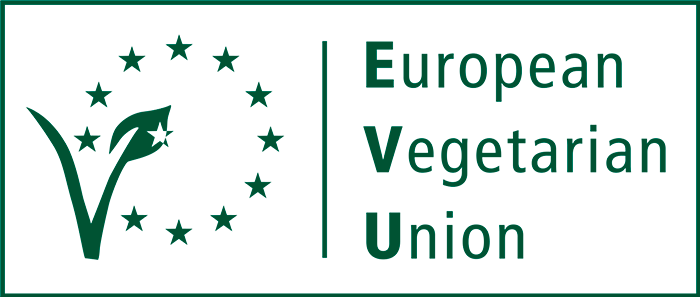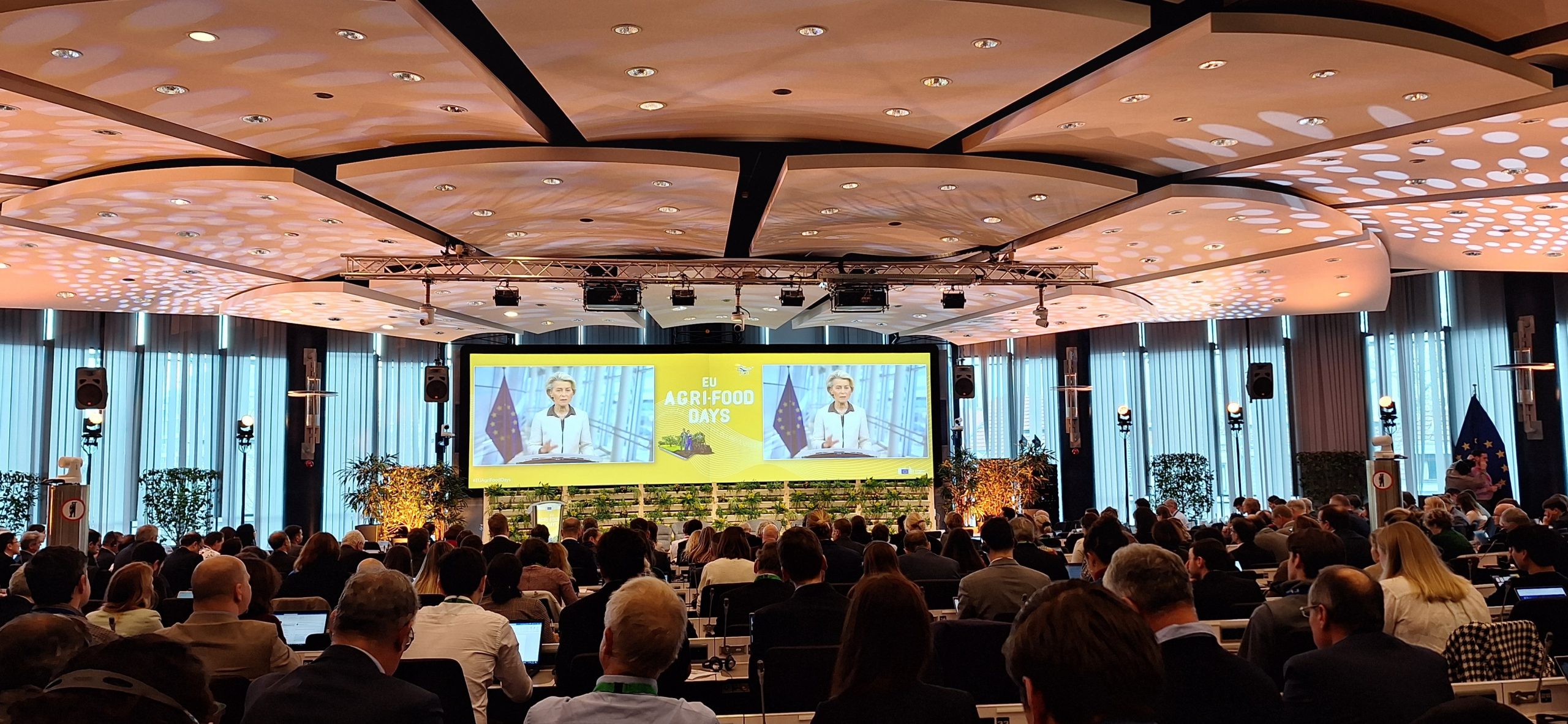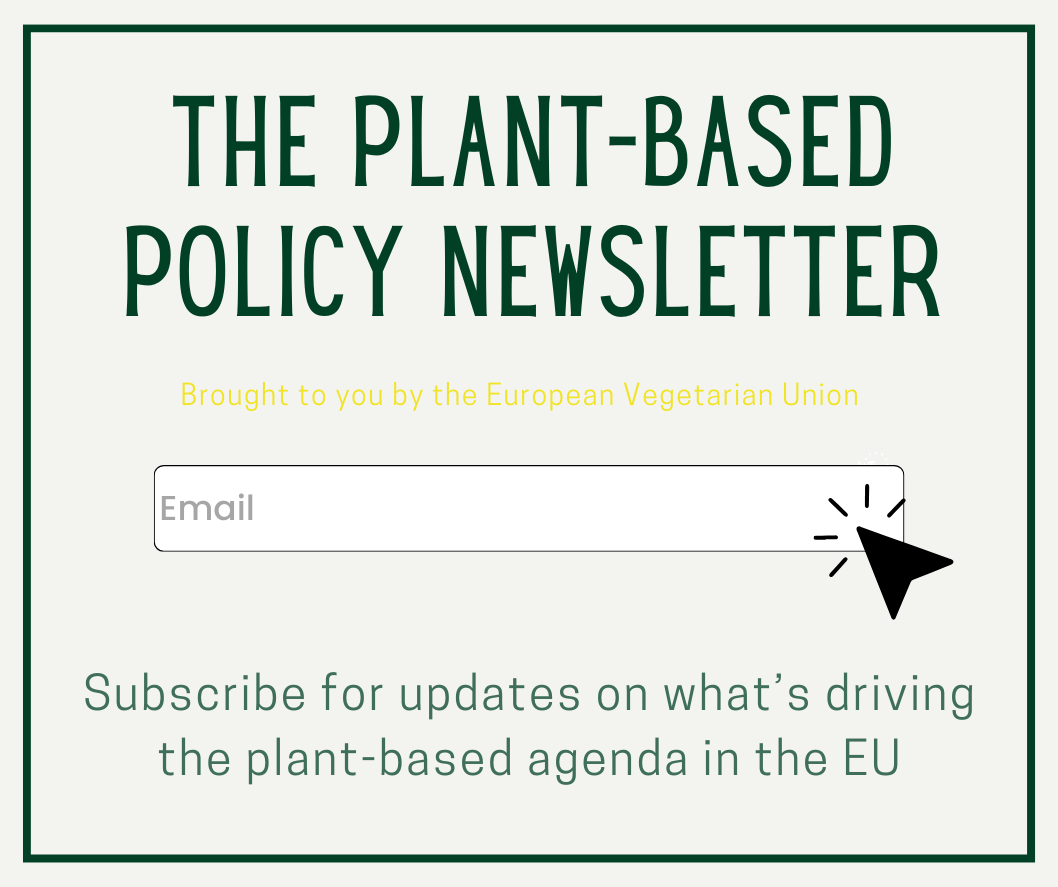The recently concluded EU Agri-Food Days 2023 brought together policymakers and stakeholders to discuss the future of agriculture and food production in the European Union. For the first time, the event showcased a general recognition that a move towards plant-based alternatives and sustainable food production is now undeniable. However, while progress is evident, more concrete policies and targets are crucial to drive meaningful change.
One notable aspect of the conference was the persistent inquiry from the audience regarding plant-based alternatives and dietary shifts. The interest in plant-based solutions was echoed by several panelists who emphasised the need to increase plant-based protein production and consumption. This sentiment was also reflected in the medium-term agricultural outlook presented by the Commission, which, also for the first time, highlighted the changing preferences of consumers and the growing potential of plant-based production.
The EU Agricultural Outlook Report for 2023-2025, published in conjunction with the event, sheds light on the evolving landscape of food consumption in the EU. The report, drawing insights from the EU-funded Smart Protein Report, indicated a significant rise in the consumption of plant products over the past decade. Plant-based alternatives to meat and seafood products, in particular, have experienced a fivefold increase since 2011, driven by health and environmental concerns.
The report also highlighted the decline in meat consumption, especially beef and pork, over the next years. Meanwhile, certain plant-based food consumption is expected to grow, such as pulses and beans, as demand for alternatives continues to increase. The primary reasons for the change in diets are tied to health reasons , environmental concerns , and animal welfare . So-called flexitarian diets, characterised by a preference for plant-based food with occasional inclusion of meat and fish, were identified as a dominant trend, accounting for 30% of dietary preferences in 2021.
Rafael Pinto, EVU Policy Manager, who attended the event, noted that ‘’For the first time we see a shift in the narrative of the EU Agricultural Outlook. Sustainability and plant-based production are now an undeniable part of the conversation. Now we need them to be a part of concrete policies and targets on both the production and demand side” In its Plant-Based Manifesto for the 2024 European Elections, the EVU is calling for successive targets to increase the total share of plant protein in European Diets to 60% by 2030, 70% by 2040 and 80% by 2050 (compared to the current 40%).
